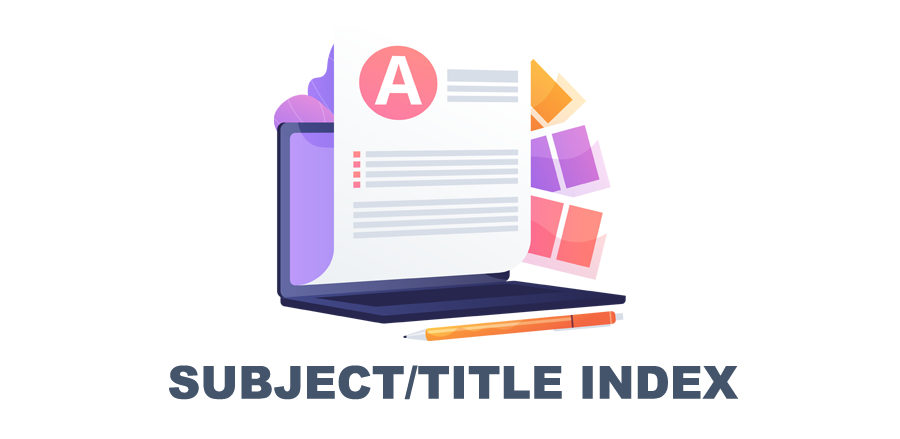Pluralisme Agama dalam Al-Qur’an Telaah atas Penafsiran Farid Esack
DOI:
https://doi.org/10.32616/pgr.v4.1.201.69-80Keywords:
Farid Esack, Religious pluralism, Claims of Absolute Truth, Progressive Islam, Liberation TheologyAbstract
One of the issues that received considerable and dominant attention was the issue of diversity or religious plurality. This issue is a phenomenon that exists in the midst of the diversity of claims of absolute truth (Absolute Truth Claims) between religions that are contradicting one another. Each religion claims to be the truest and all others are heretical. This claim then gave birth to the belief commonly called the "Doctrine of Salvation" that salvation or heaven is the right of followers of certain religions, while adherents of other religions will be harmed and go to hell. In fact, this kind of belief also applies to adherents between sects or alians in the same religion. As is the case between Protestants and Catholics in Christianity, between Mahayana and Hinayana or Theravada in Buddhism, and also between various Islamic groups. This reality has brought pluralism to an increasingly broad and complex discourse. The Koran's recognition of religious pluralism is clear not only from the perspective of accepting other people as a legitimate religious community, but also from the acceptance of their spiritual life and the opportunity for a way of salvation for them. According to Esack, the preservation of the sanctity of these places of worship is not solely intended for the sake of maintaining the integrity of the multi-religious society, but also because God, who is the supreme being for these religions, and who is seen to be above differences in his outward expression, is worshiped in the place. -that place.
Downloads
Downloads
Published
Issue
Section
License
Copyright (c) 2020 Muhammad Fatih

This work is licensed under a Creative Commons Attribution 4.0 International License.







